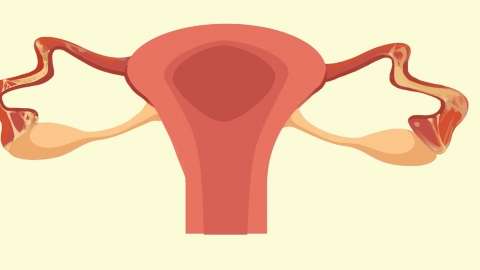Can normal endometrium have intrauterine adhesions?
Under normal circumstances, intrauterine adhesions may still occur even when the endometrium is healthy, although the probability is low. Intrauterine adhesions are mostly associated with endometrial injury; normal endometrial thickness alone does not guarantee complete absence of adhesion. A detailed analysis is as follows:

If both endometrial thickness and morphology are normal, and there is no history of uterine procedures or infections—meaning the endometrial lining is intact and smooth—the likelihood of developing intrauterine adhesions is extremely small. In most cases, normal uterine cavity structure and function can be maintained.
However, if there is underlying endometrial damage—such as mild sequelae from prior uterine procedures or chronic inflammatory stimulation—intrauterine adhesions may develop despite normal endometrial thickness. These adhesions may be mild and do not affect overall endometrial growth, often being detected only during hysteroscopy. Some patients may experience symptoms such as impaired menstrual flow or mild abdominal pain.
To reduce risks in daily life, unnecessary intrauterine procedures—such as induced abortions or curettage—should be minimized to lower the risk of endometrial injury. Any gynecological infections should be treated promptly to prevent long-term inflammation of the uterine lining. Maintaining good genital hygiene, avoiding unhygienic sexual practices, following a regular sleep schedule, and enhancing overall immunity can help reduce factors that contribute to intrauterine adhesions.






